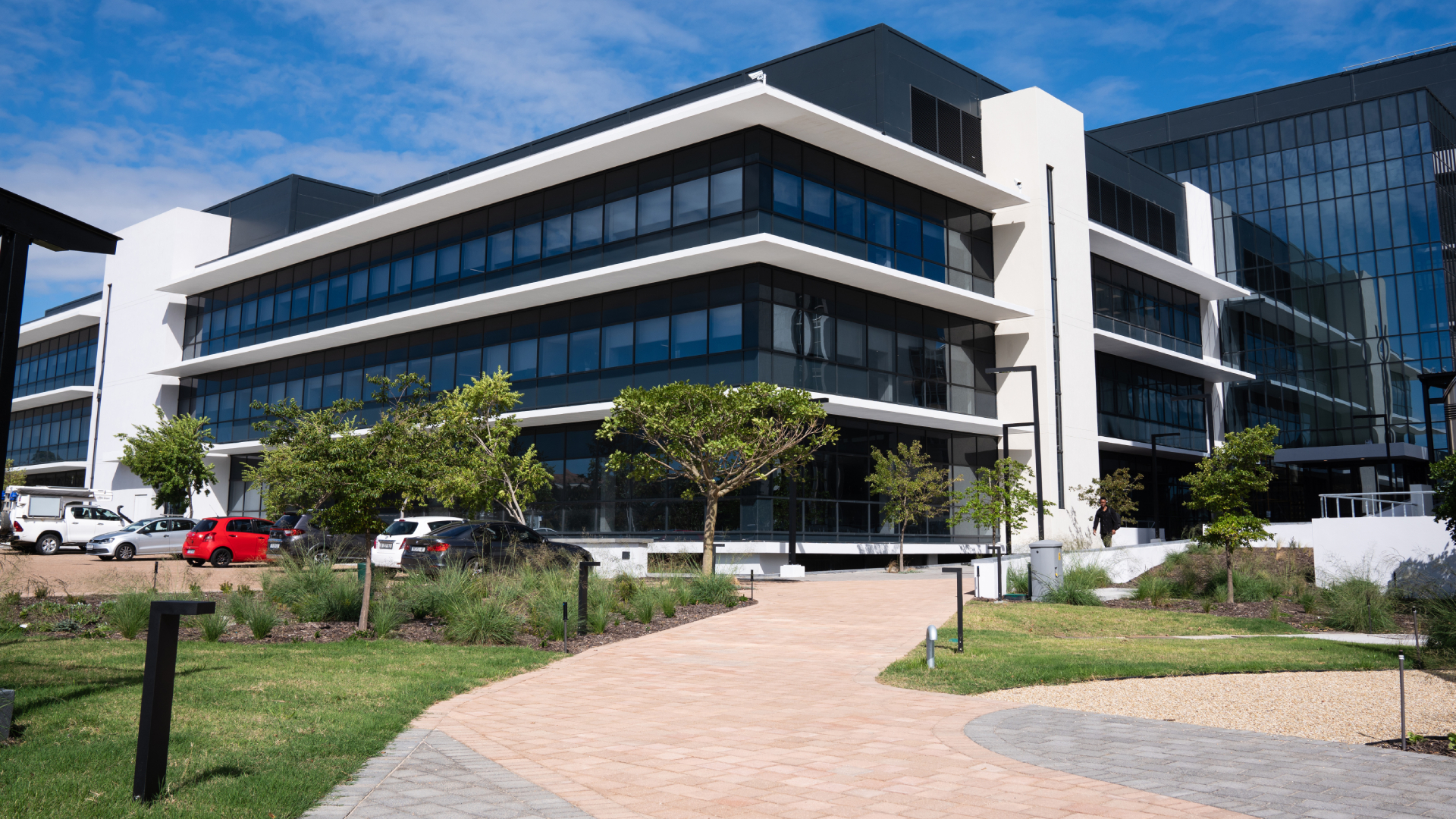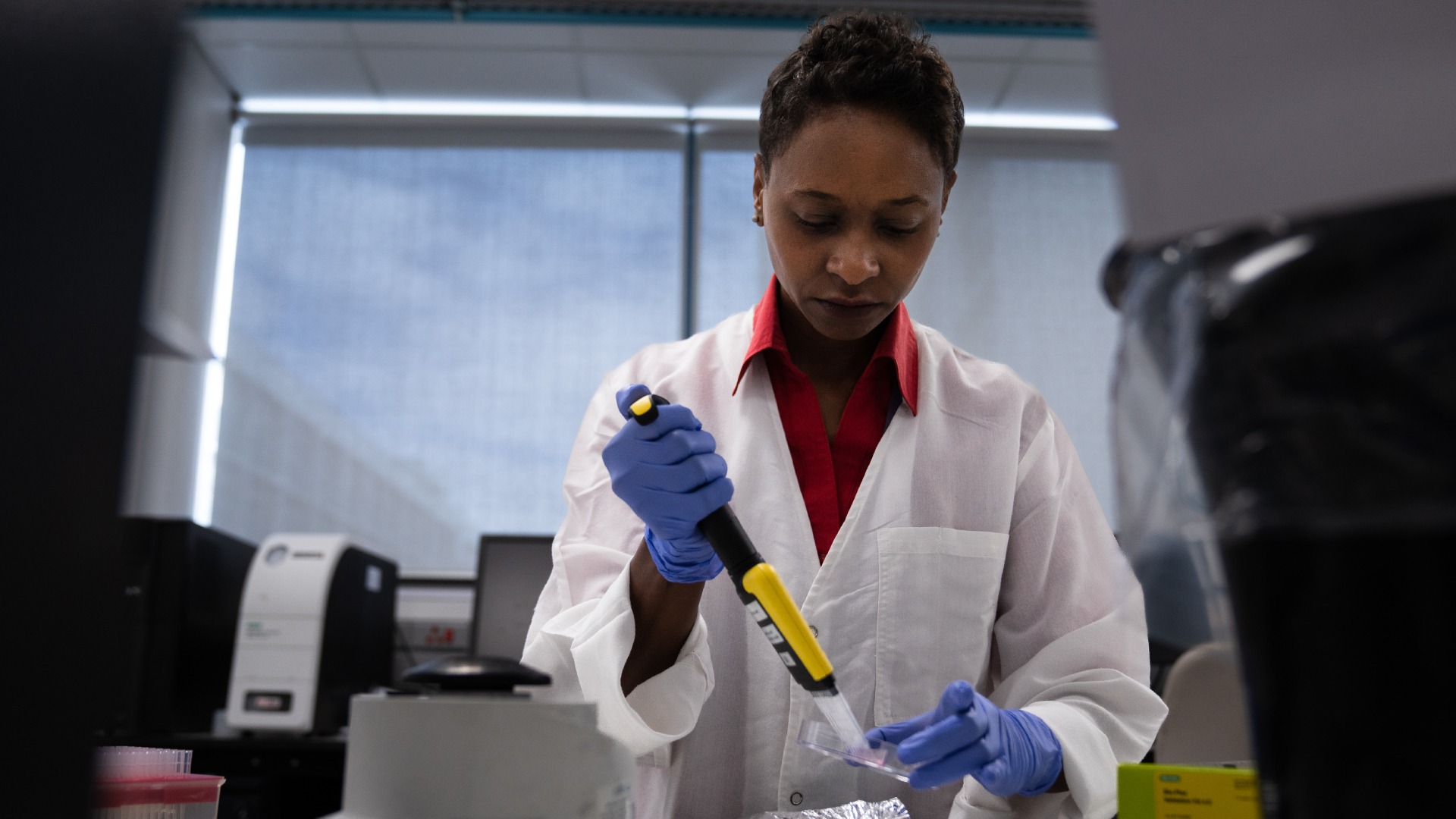- Stellenbosch University in the Western Cape is set to open its new biomedical research institute over the next week.
- The university says that the cutting-edge facility will be among the top research institutions in the southern hemisphere.
- Construction began in 2018 and it cost R1.2 billion to complete the institute’s numerous laboratories and lecture theatres.
Among the top universities in South Africa, the Western Cape’s Stellenbosch University has announced the opening of a new state-of-the-art research institute, which it hopes will place it at the forefront of biomedical sciences on the African continent.
The university says that the Biomedical Research Institute (BMRI) (pictured below) is on par with “the best in the world,” and is unparalleled in the southern hemisphere in terms of its cutting-edge facilities and research capacity.

It was built on the university’s Tygerberg Campus in Cape Town, and will be inaugurated over the next week, according to a press release sent to Hypertext.
It cost R1.2 billion to build the facility, with construction beginning in 2018 and completed this year after delays experienced due to the COVID-19 pandemic. The facility itself was designed as a multifaceted future-focused complex.
It boasts numerous state-of-the-art laboratories, including the largest biosafety level 3 (BSL-3) laboratory and fully-automated biorepository in Africa. The institute’s lecture and conference theatres are equipped with the latest audio-visual technology, and large modern dissection halls have been custom-engineered to minimise formaldehyde exposure.
The BMRI is able to house more than 500 biomedical researchers and students, including some of the world’s foremost scientists in the fields of bioinformatics, tuberculosis, neuroscience, and urology.
Stellenbosch University is keen to point out that the facility has a “decidedly African focus and seeks to understand the genetic and biomolecular basis of diseases afflicting South Africa and the rest of the African continent.”
“The research conducted in the BMRI builds on Stellenbosch University’s commitment to impactful research which takes into account the natural environment, health, human security as well as systems and technologies for the future. At the heart of our scientific endeavours, is the challenge to be locally relevant and globally competitive,” says Prof Sibusiso Moyo, the university’s deputy vice-chancellor: Research, Innovation and Postgraduate Studies.
According to Faculty of Medicine and Health Sciences Dean Elmi Muller, the investment made into the BMRI will also allow the training of some of the best students on the African continent, exposing them to extensive national and international research networks.
Muller believes that the “BMRI will be a game changer for healthcare in Africa and is true evidence of using breakthrough science to improve lives.”
[Image – Provided]

